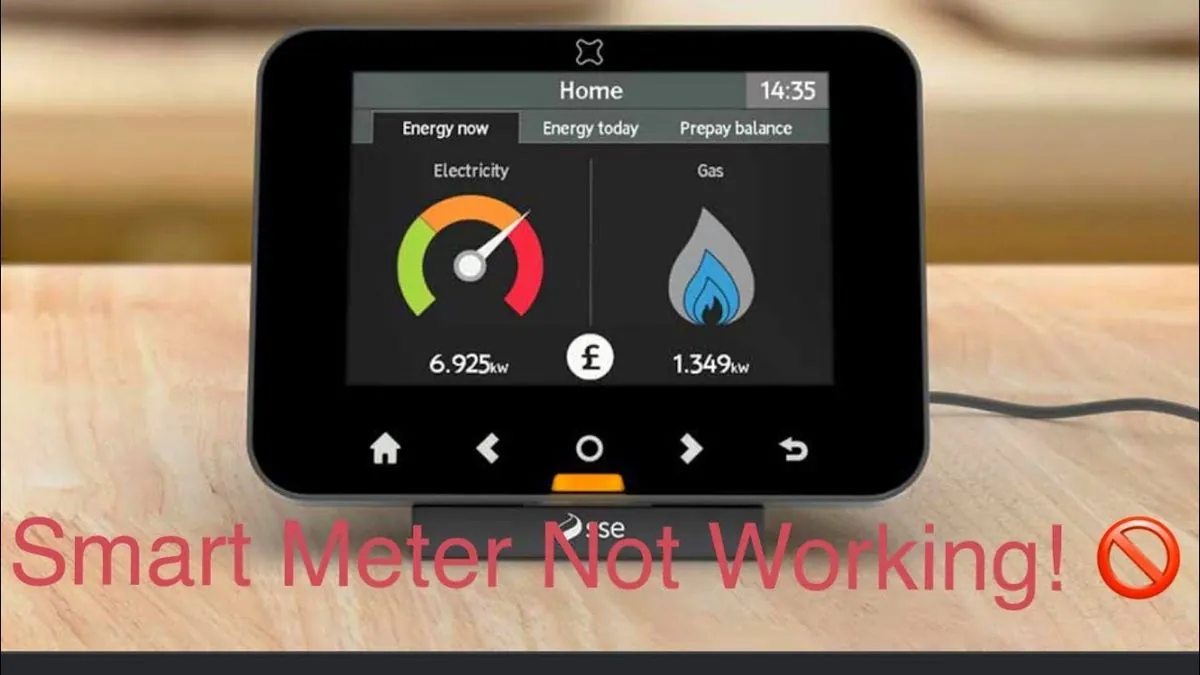UK Smart Meter Rollout Faces Challenges: Malfunctions and Slow Adoption
Smart meters in the UK are experiencing widespread malfunctions, potentially undermining net zero goals. Consumer advocate Martin Lewis claims 19% of meters are faulty, contradicting official figures.

The UK's smart meter rollout, initiated in 2011 as one of Europe's largest infrastructure projects, is facing significant hurdles. Consumer advocate Martin Lewis has raised concerns about the prevalence of malfunctioning devices, potentially jeopardizing the nation's net zero ambitions.
Lewis claims that 19% of smart meters are not functioning correctly, a figure that starkly contrasts with the government's estimate of 9%. This discrepancy arises from the government's narrow definition of malfunction, which excludes issues such as incorrect readings or communication failures with in-home displays.
"Too many smart meters don't work. The industry can pump all the money it likes at marketing them, but when word of mouth is often saying 'don't bother', it's tough to shift the dial."
The implications of these malfunctions extend beyond mere inconvenience. Smart meters are crucial for the UK's transition to a more sustainable energy system. They enable dynamic pricing, allowing for cheaper off-peak rates and supporting the integration of renewable energy sources into the grid. By 2034, the government expects smart meters to save consumers £250 annually.
However, installation rates have slowed significantly. In the second quarter of 2024, large energy suppliers installed 663,167 meters, a 15% decrease from the previous year. This decline comes despite rising electricity prices, which should theoretically make the financial benefits of smart meters more apparent.

The UK government initially aimed to install smart meters in all homes by 2020, but this target has been repeatedly delayed. The current goal is to reach 75% of households by the end of 2025. As of June 2024, 64% of homes had smart meters installed.
Looking ahead, the importance of smart meters is expected to grow, especially in the 2030s and 2040s. They will play a vital role in managing the electricity system as the UK shifts towards renewable energy sources. Labour's ambitious target of running the electricity network entirely on clean power by 2030 further underscores the need for effective smart meter implementation.
To address these challenges, energy suppliers are being urged to prioritize fixing broken meters over new installations. The government has called on Ofgem, the energy regulator, to enhance enforcement measures. As the UK progresses towards its net zero commitments, restoring consumer confidence in smart meters will be crucial for widespread adoption and the realization of a smarter, more sustainable energy future.


































